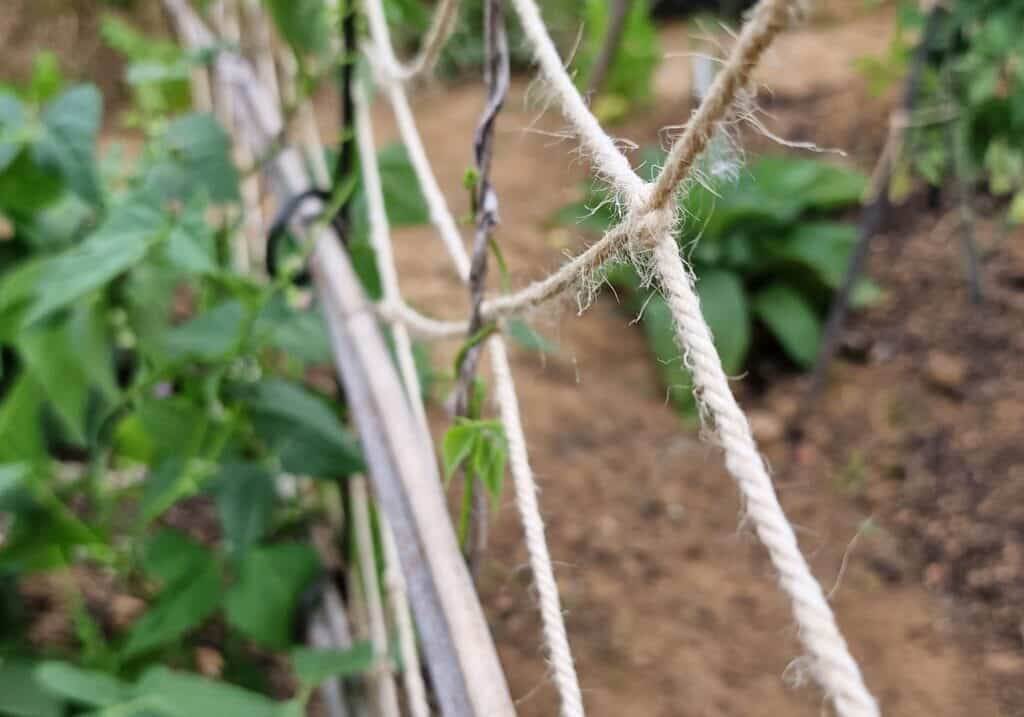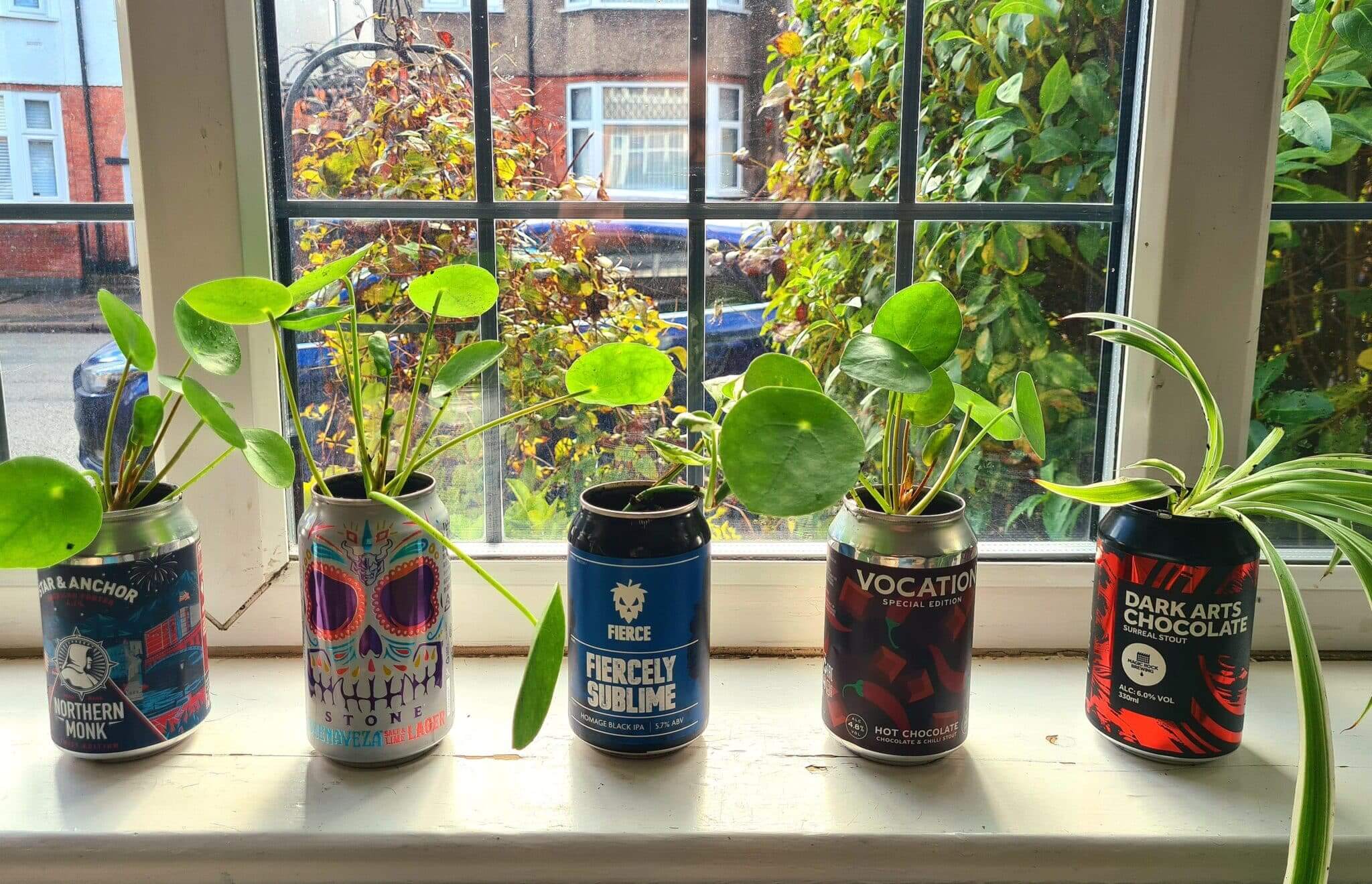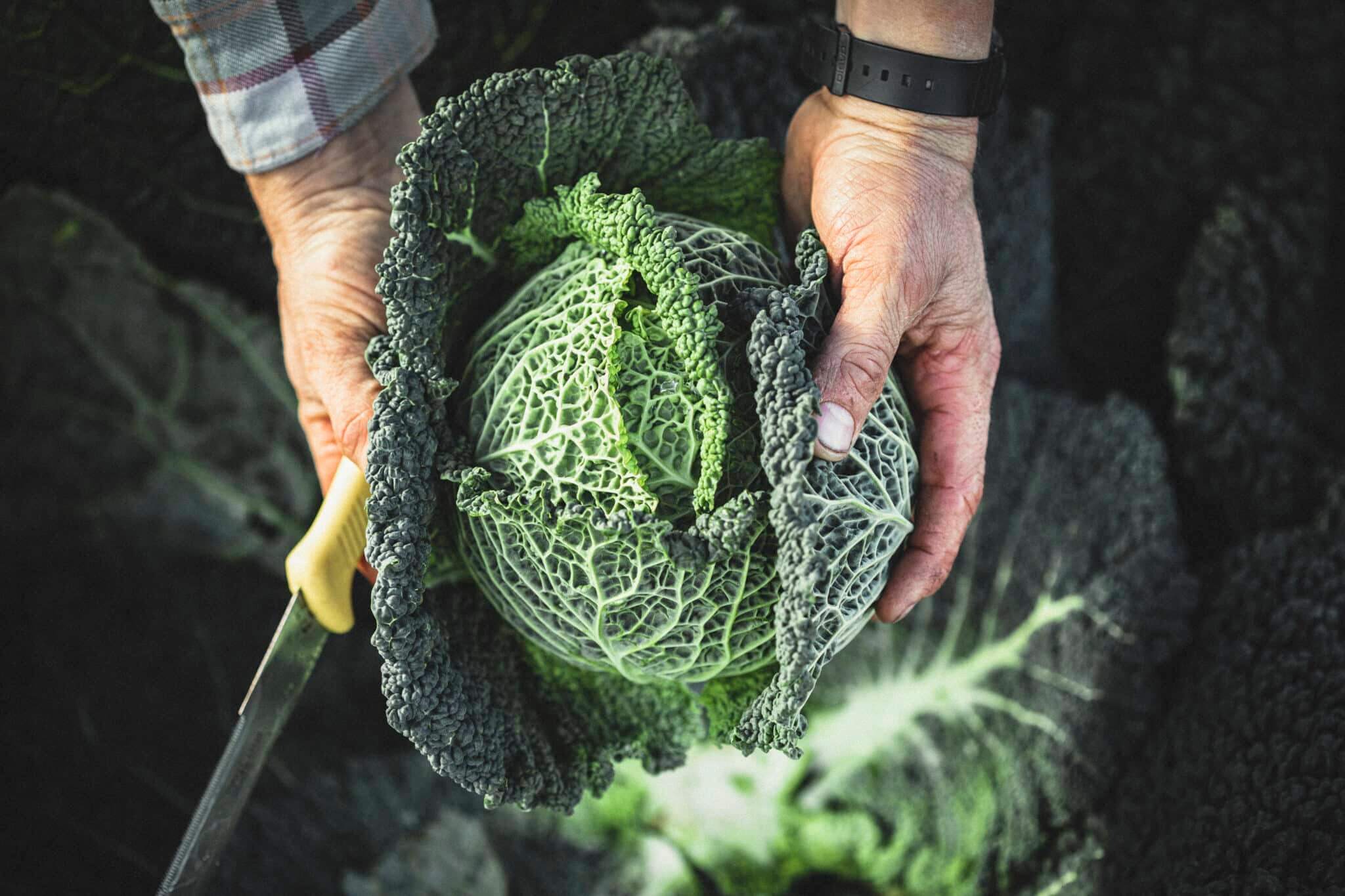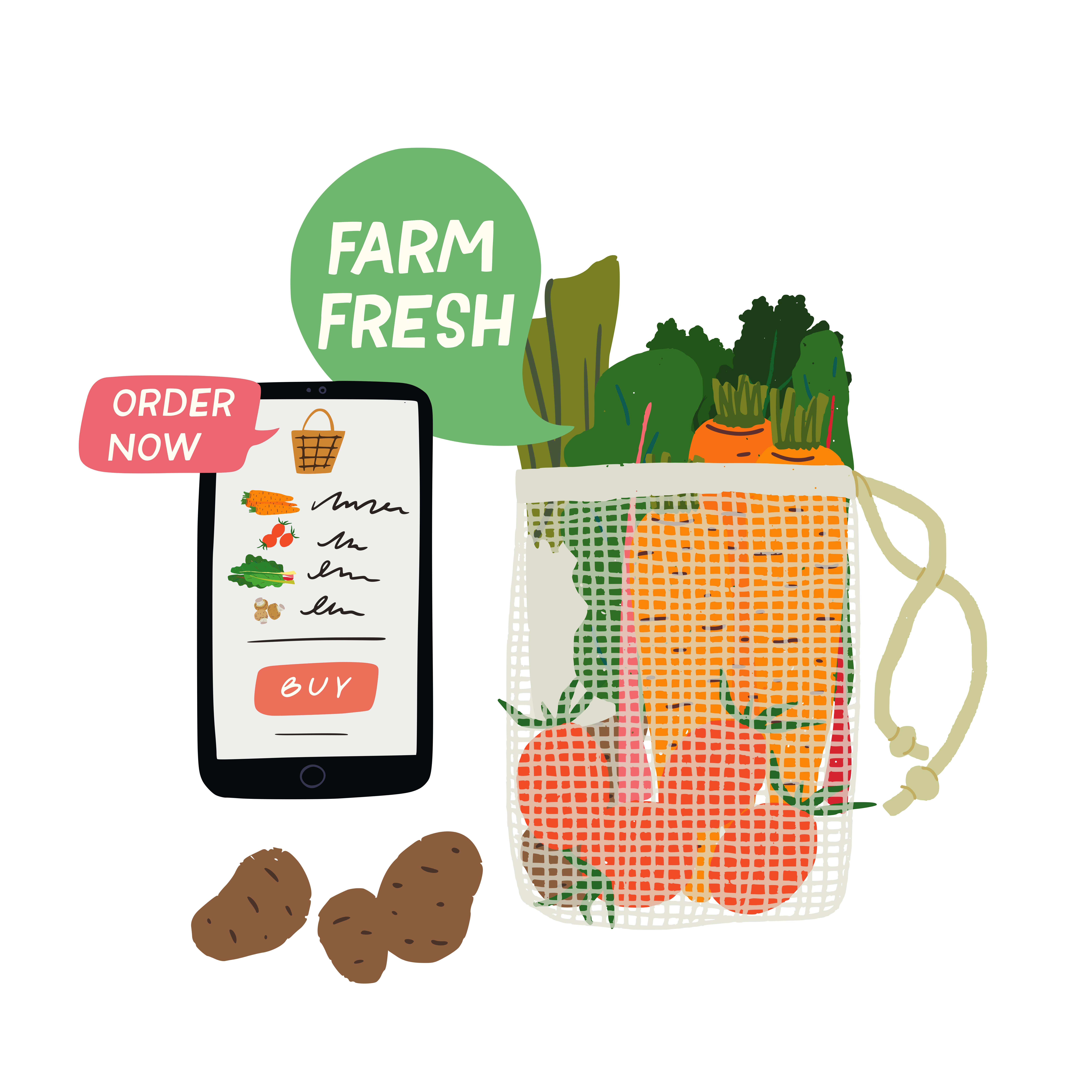It’s easy to think of gardening as an eco-friendly pastime – but peek into most garden sheds and greenhouses and the plastic waste of compost bags, pots, cloches, netting and labels can actually have a negative impact on the wider environment.
Reusing and recycling plastic is a great place to start. Empty compost bags can be refilled and used to grow autumn salads and potatoes. Or turn them inside out to create hot composting bags for garden debris and kitchen scraps, or to contain leaves for leafmould.
Plastic labels can be wiped clean with wire wool or nail polish remover, and plastic bottles cut into strips; write on these with a marker pen to mark up your seedlings. Recycled plastic bottles also make excellent mini propagators for small plants. Cut them in half, pierce holes in the base and use the bottom as a planter and the top as a little greenhouse.
Wash and reuse your plastic pots each year (this is especially important for black pots, which cannot be recycled), or upcycle containers around the house such as plastic bags, food packets and tins. With their ready-made holes, fruit punnets are perfect for seeds and cut-and-come-again salads. Egg boxes also make excellent biodegradable seed trays.
Make the swap
To fully flex your sustainable muscles, however, reduction is the key. Question every bit of plastic you consider purchasing and ask yourself if there’s a better alternative.
Soil blockers, for example, can create compacted blocks of soil with indentations for seeds, so there’s no need to buy pots. Seedlings grown in these blocks often have healthier root balls because they don’t get pot bound. You can also make paper pots from newspapers.
Making your own compost is a fantastic way to reduce how much you buy but watch what you put in. Many things that say they are compostable actually need industrial facilities to help them degrade. Some teabags, for example, contain tiny amounts of polypropylene and these won’t decompose. When you need to buy in compost, consider getting it delivered in bulk, perhaps teaming up with a neighbour, so there are no bags to throw away.

Landscaping and weed fabric degrades quickly in hot sun, with tiny fragments of plastic leaching into the soil. Instead, use cardboard to cover problem areas and add compost on top – which means you can plant straight away. You can also use biodegradable paper mulch. Green manures are another great way to supress weeds and lock in moisture without the need for tarpaulin.
Netting is a fantastic tool for reducing insects (and pesticides), and protecting plants or berries from hungry pigeons. However, many manmade barriers such as net, fleece and plastic tunnels are made from plastic, which eventually disintegrates. Choose biodegradable mesh instead, or invest in longer-lasting jute netting for climbing plants.
Finally, when you’re buying new plants, look for those sold in wax paper, coir and jute rather than plastic. Even better, divide existing plants (i.e. hosta, crocosmia, sedum, salvia etc), take cuttings (herbs, lavender, pelargonium etc) or sow your own plants from seed and you won’t need to buy in at all.
The Grow Your Own Wicked Leeks series is written by Garden Organic, the national charity for organic growing. Each month we bring you timely advice on what to do in your organic patch, whether you’re an experienced grower or just starting out. Share your own tips and gardening photos on social media under #GYOWickedLeeks.










What can I do with the big bag of fake plastic I have slowly accumulated because I don’t know what to do with it? By fake plastic, I mean the plastic-looking transparent bags for bananas and other veg we get in our veggie boxes. Actually I have quite a few magazine wrappers from organisations like Which? and National Trust which are also labelled as compostable and made from potato starch.
I have some options:
– the leaves, grass cuttings and random garden waste compost heap
– our worm bin
– the food waste caddy collected by the council
– the garden waste bag collected by the council
I’ve had no reply from the council on this yet – thought I’d try here.
Needless to say I am re-using as many as I can already in waste paper basket liners, for food etc, so this bag of bags really has to go.